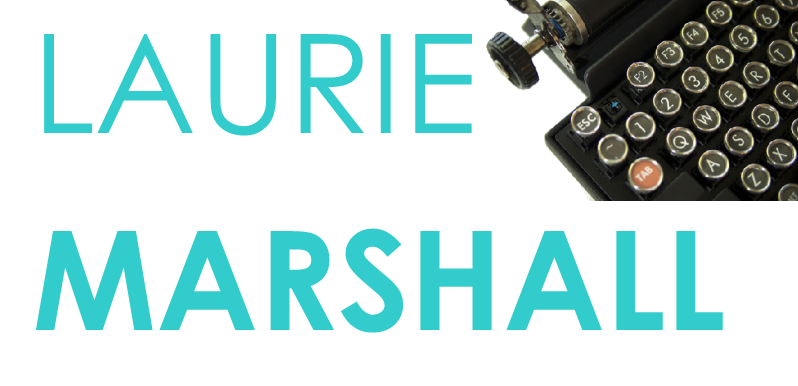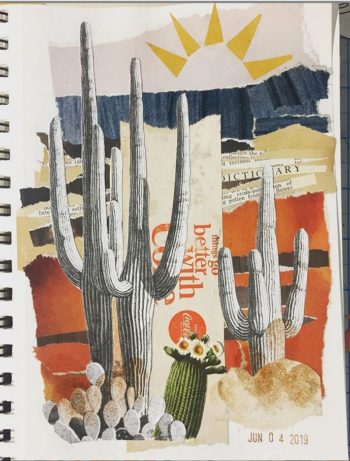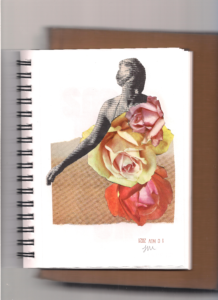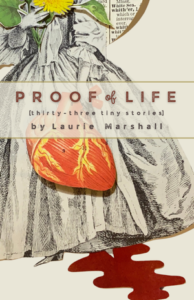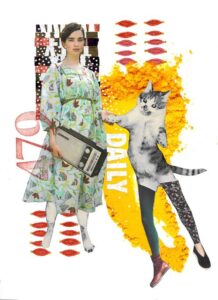“You live in a beautiful place.”
I make a go at some small talk with the Navajo woman as I place the postcards and cold drinks on the counter between us. My words are bulky, and I know as I speak them they are an attempt to erase the whiteness of my skin and 400 years of lies, murder and forced poverty blanketed on her people by people who looked like me.
“We need rain. It’s too dry.”
She replies with no discernible disgust or fury, emotions I can’t believe would not be simmering just behind the calm expression on her face. My grandfather struggled to converse with people from Japan for years after the surrender of that country. Her people still suffer.
“Each year, we have a good rain, and the wildflowers in the desert bloom. This year, nothing bloomed.”
Imagine the sight: birds dancing among the cacti and scrub, gathering insects that are gorging on the temporary feast of desert nectar. A riot of activity and color that is unseen by too many people speeding through the desert on their way to someplace else – someplace with air conditioning and names on a map that are Colonial and familiar. Ask those people what they saw in the desert and their answers will be “brown” and “tumbleweeds”. Perhaps the more observant of them would also mention a spectacular sunset.
I pay for my postcards that feature antique portraits of Navajo men and women, confident I am making things worse by purchasing images of her ancestors along with my snacks. The plastic bottle holding my drink would be tossed in a trash can between gas pumps at our next stop. Were the people in the photos given any more consideration when they were no longer deemed “useful”?
“Thank you, have a good one.”
My words feel impotent. Like a box fan in the window of a mobile home planted in the sage brush, they provide no relief for either of us.


